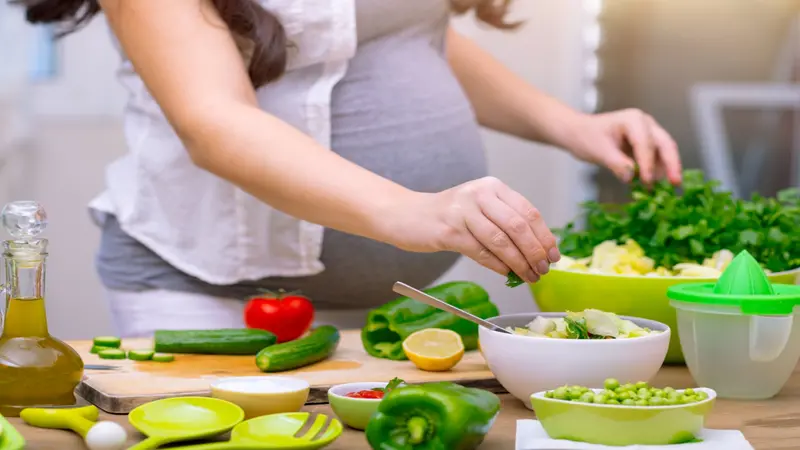
Conscious Eating
Conscious Eating
Pesticides Harm Pregnancy Outcomes
This 2018 study, published in JAMA Internal Medicine, investigated how exposure to pesticide residues on fruits and vegetables affects pregnancy outcomes in women undergoing assisted reproductive technologies (ART). ART refers to medical procedures, such as in vitro fertilization (IVF) and sperm injection, used to help individuals or couples conceive when natural conception is difficult or impossible.
The study tracked 325 women who completed diet assessments and underwent a total of 541 ART cycles between 2007 and 2016. Researchers categorized consumed produce as having high or low pesticide residues based on data from the U.S. Department of Agriculture. Women who ate more high-pesticide residue vegetables (more than 2.3 servings per day) had an 18% lower chance of clinical pregnancy and a 26% lower chance of live birth compared to women who ate fewer than 1 serving per day.
What is surprising about this result is that women who ate more conventional vegetables (vegetables with higher pesticide residues) actually had lower chances of pregnancy and live birth than women who ate fewer servings of vegetables per day. This was contrary to what one would expect, as more vegetables are generally associated with better health outcomes. However, the pesticides on conventional produce seemed to be the key problem.
While it is generally assumed that eating more vegetables improves fertility, the study suggests that it’s the pesticides that negatively affect reproductive success. Pesticides are known to disrupt endocrine function, which may interfere with reproductive health. The study's findings indicate that even at typical levels of exposure, dietary pesticides can have adverse effects on fertility, especially during infertility treatments. This highlights the importance of considering the pesticide content in foods, not just their nutritional value, when trying to conceive.


 By
By



